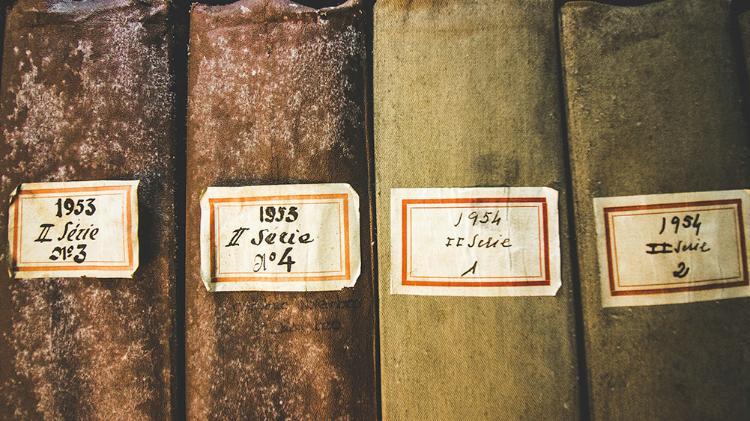Why do we retain, archive and dispose of research data?
In accordance with the Australian Code for the Responsible Conduct of Research and UOW’s Research Data Management Policy, researchers must decide whether to retain, archive, and/or dispose of their research data with the following considerations in mind:
- Compliance with relevant legislation, policies and guidelines;
- Existing agreements with funders, collaborators or in ethics protocols;
- Longevity and reuse of the data including facilitating access (where appropriate);
- Optimal use of storage resources (we should only retain what we must/need); and
- Research data records or “metadata” must be clear, accurate, secure and complete, to maintain transparency and reproducibility of results.
Please refer to the Information Sheet for Research Retention Requirements for information on retention periods for various types of data. Contact the Information Compliance Unit for further advice.
Data may be retained in the short term for transparency or compliance, ethical, legislative and contractual requirements prior to archiving. It may also be retained when there is a secondary use or a potential for re-use (in accordance with approved ethics protocols). This type of data is sometimes referred to as “active” or “working” data.
For example, researchers may have conducted a clinical trial and need to keep the data as per the ethical requirements for the research. However, they may also revisit the data at a future date if participants have consented to do so and conduct secondary analyses to answer additional questions.
- Original trial: doi: 10.1038/ejcn.2014.39
- Secondary use of data: doi: 10.1038/ejcn.2015.45
“Completed” data should be archived for longevity and permanency to ensure compliance with legislative, ethical or contractual obligations including the FAIR principles and to enable research and conclusions to be reproducible over the long term. This type of data may remain untouched for many years.
For example, Indigenous data may need to be retained indefinitely according to Indigenous Data Sovereignty arrangements. Indigenous data refers to information, in any format, that is about Indigenous Peoples, knowledge systems, customs, resources or territories or that impacts Indigenous lives at the collective and/or individual level. Indigenous Data Sovereignty is the right of Indigenous Peoples to own, control, access and possess data that derive from them, and which pertain to their members, knowledge systems, customs, resources or territories.
In another example, atmospheric chemistry researchers at UOW maintain long-term records of measurements of atmospheric composition, which cannot be re-collected, as the state of the environment continually changes. As analysis techniques improve, the archived data can also be re-analysed to provide better data and new understanding. E.g. data that contribute to the Total Carbon Column Observing Network, where there are new data releases from the same primary data, reflecting methodological and analysis developments:
Once the compliance obligations for the retention of data have been met (e.g. State Records, Ethics, commercial, funding obligations), disposal of the data must be considered, to:
- meet any associated obligations and/or
- minimise unnecessary storage and/or
- reduce risks associated with over-retention of data such as potential unauthorised access, loss or disclosure.
In accordance with privacy laws, an individual’s personal or health information must not be kept if it is no longer required for the purpose for which it was collected and used.
For example, a research project involving collection and handling of personal information is usually accompanied by a notice to the individual explaining the purpose of the collection and use and the retention period. Once that purpose has been met and associated retention periods have been satisfied, the University has an obligation to dispose of the personal or health information. Where data may have ongoing value, consideration must be given to removing identifiers unless participants have provided consent for their data to be used for subsequent analysis (this should be considered at the point of initial collection - refer to UOW Human Ethics for further information).
Due to costs and storage capacity limitations, consider disposing of data where there is no compliance or business need to retain.





